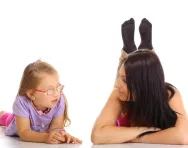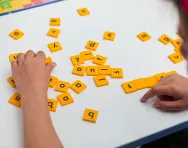Important update from TheSchoolRun
For the past 13 years, TheSchoolRun has been run by a small team of mums working from home, dedicated to providing quality educational resources to primary school parents. Unfortunately, rising supplier costs and falling revenue have made it impossible for us to continue operating, and we’ve had to make the difficult decision to close. The good news: We’ve arranged for another educational provider to take over many of our resources. These will be hosted on a new portal, where the content will be updated and expanded to support your child’s learning.
What this means for subscribers:
- Your subscription is still active, and for now, you can keep using the website as normal — just log in with your usual details to access all our articles and resources*.
- In a few months, all resources will move to the new portal. You’ll continue to have access there until your subscription ends. We’ll send you full details nearer the time.
- As a thank you for your support, we’ll also be sending you 16 primary school eBooks (worth £108.84) to download and keep.
A few changes to be aware of:
- The Learning Journey weekly email has ended, but your child’s plan will still be updated on your dashboard each Monday. Just log in to see the recommended worksheets.
- The 11+ weekly emails have now ended. We sent you all the remaining emails in the series at the end of March — please check your inbox (and spam folder) if you haven’t seen them. You can also follow the full programme here: 11+ Learning Journey.
If you have any questions, please contact us at [email protected]. Thank you for being part of our journey it’s been a privilege to support your family’s learning.
*If you need to reset your password, it will still work as usual. Please check your spam folder if the reset email doesn’t appear in your inbox.
5 free ways to boost your child's communication skills
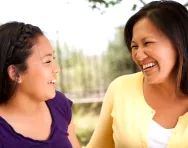
The way your child speaks and listens makes a big difference to their chance of success from a very early age. Help them learn to express themselves fluently and with confidence in five simple ways, recommended by Alison Marrs, professional advisor for The Communication Trust.
1. Create the right speaking and listening environment
“Children need a quieter environment than adults to listen and learn in, so be aware that even it does not seem noisy to you, it may be for your child,” says Alison. “Have times during the day when there is no background noise, and always do this when engaging in a specific activity with your child (a game, reading, homework, etc.).
“This is not to say that you should never have the TV on. Research, however, shows that for children to listen and learn from TV, adults need to view it alongside them to spark conversation.”
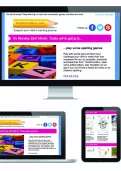
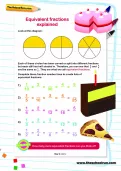
Boost Your Child's Learning Today!
- Start your child on a tailored learning programme
- Get weekly English & maths resources sent direct to your inbox
- Keep your child's learning on track
2. Comment more, question less
“Adults are naturally keen to lead conversations, and to test children’s knowledge. But research shows that frequent parental use of directive and corrective statements – for example, questions and command giving – has been linked with delays in children's language development,” explains Alison.
“Of course we all naturally ask questions, but if we do it too often it can have a negative effect. Instead, try to open up a chat with a comment, such as: ‘Look, it’s a bird!’ as opposed to asking, ‘What’s that?’ See how your child responds.”
3. Use open-ended questions
“This doesn’t necessarily mean that questioning is to be avoided,” Alison continues. “Research into the use of open-ended questions with school children – that, for example, start with ‘What could we do....?’, ‘Can you find a way to.....?’ – has shown they can support learning and develop creative thinking and problem solving skills. This is compared to closed questions such as, ‘What is the capital of France?’ which needs a one-word answer only.
“An example to try at home is, when wrapping a present, putting a large present on a small piece of wrapping paper and saying, ‘This won’t work. What can we do instead?’
4. Give children time to answer a question
“Often children need extra time to understand a question and think of their answer,” Alison says. “Instead of jumping in to help them answer, count to 10, and wait to see if your child answers. You will often be surprised by the results!”
5. Have fun with words!
“A child’s vocabulary is fundamental to their learning. Research shows that vocabulary size at five years of age has links to later successes, such as literacy skills and academic achievement,” says Alison.
“When talking or reading with your child, check word understanding and support word learning by talking about word meaning and sounds. This helps them to learn and recall words. For example, ask about: a word’s first sounds; rhyming words; syllable number; what you do with the word; where you find it; what it looks, feels or tastes like; what group (category) it belongs to and what else belongs to this group.”
Information and resources on communication development are available from Talking Point.


